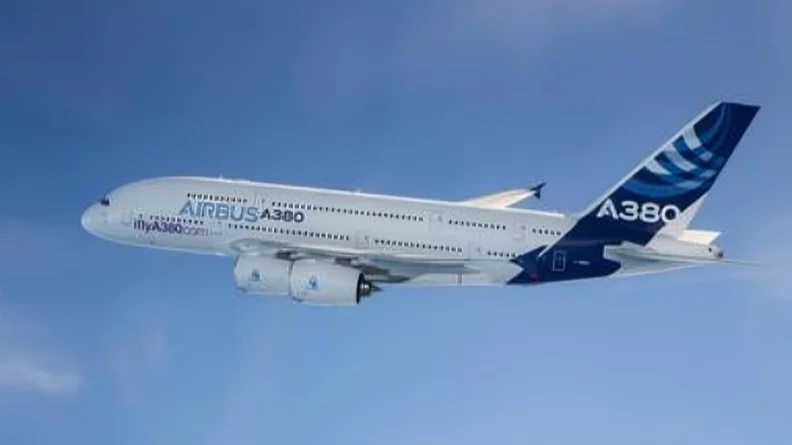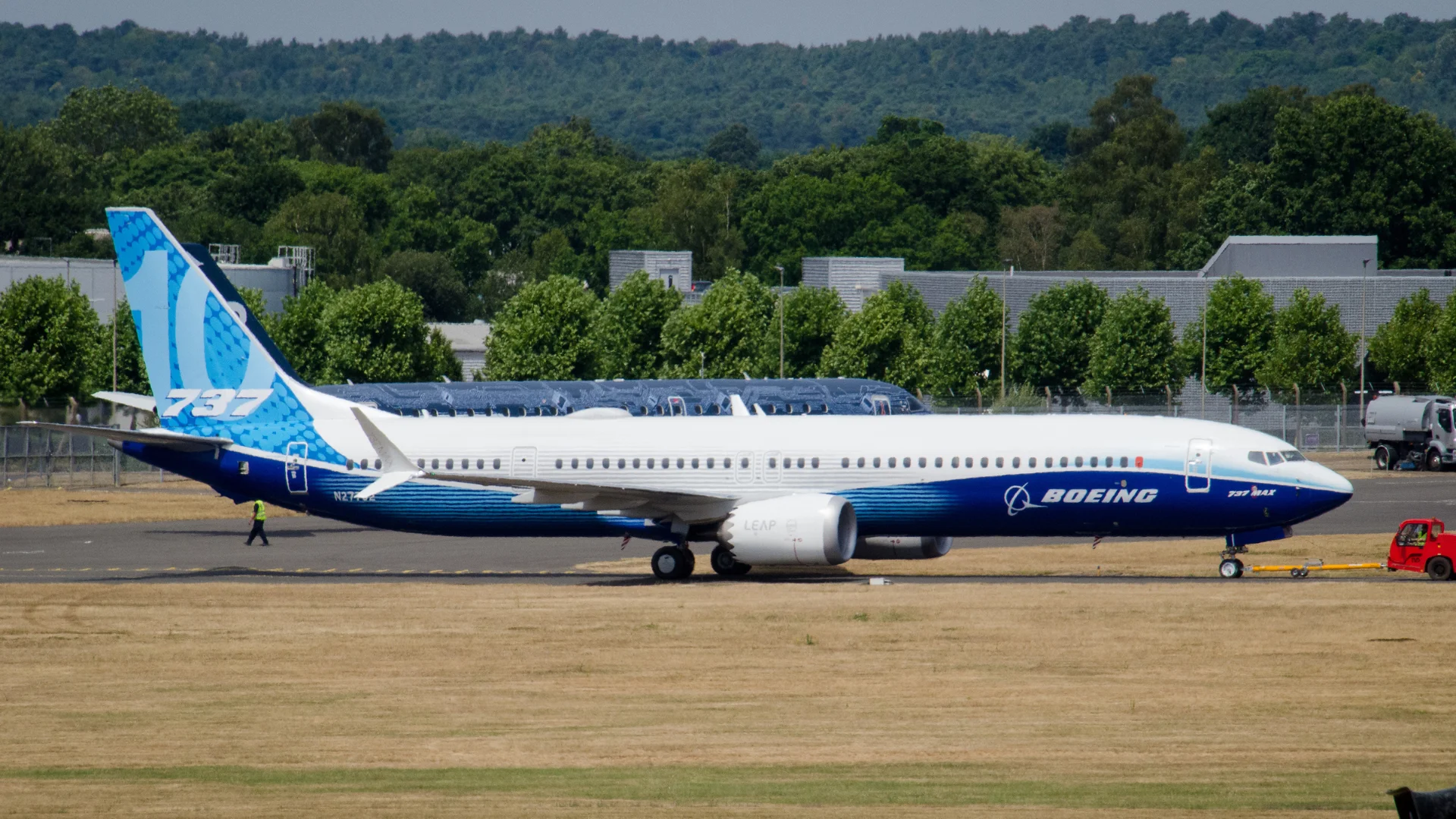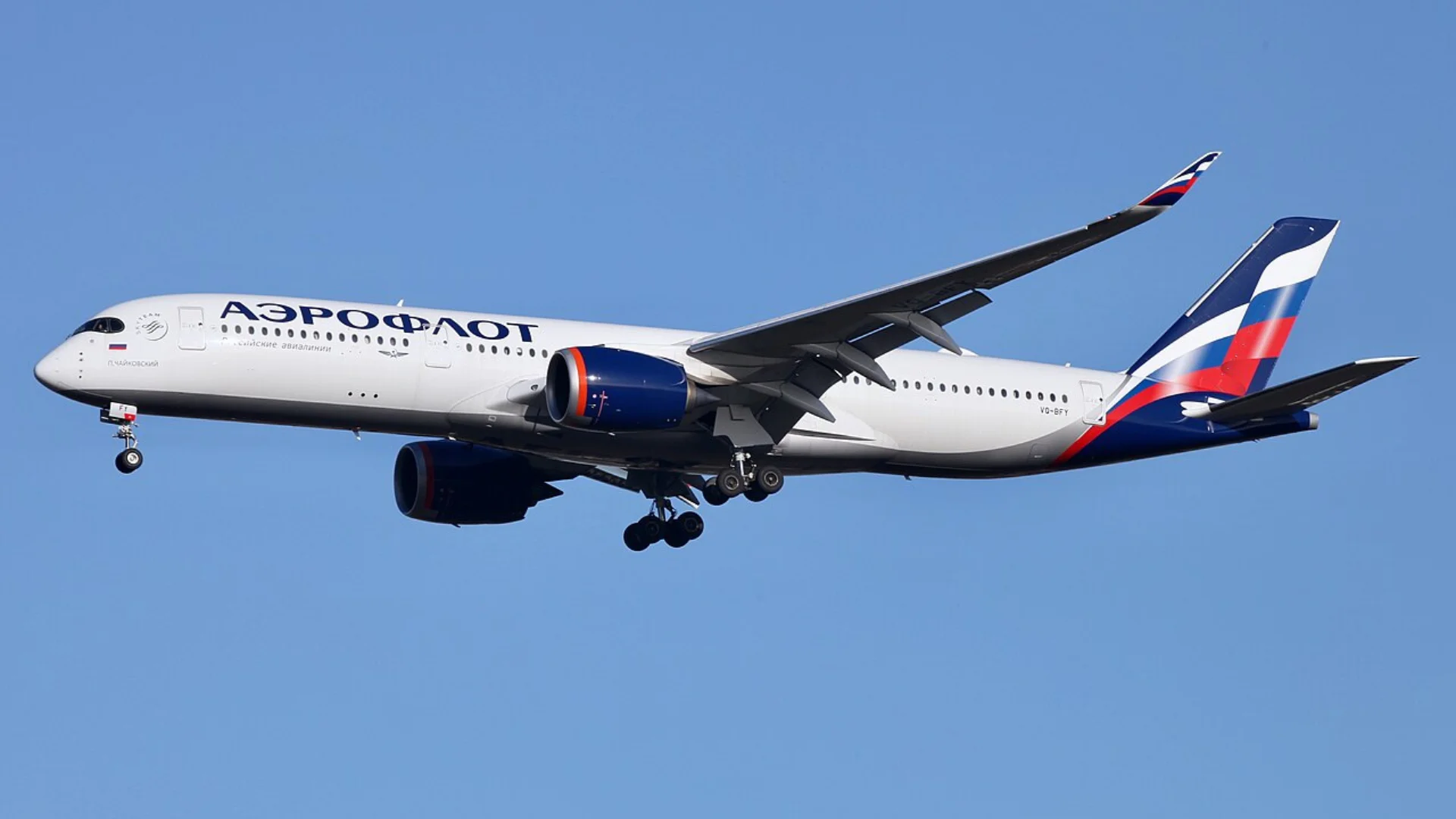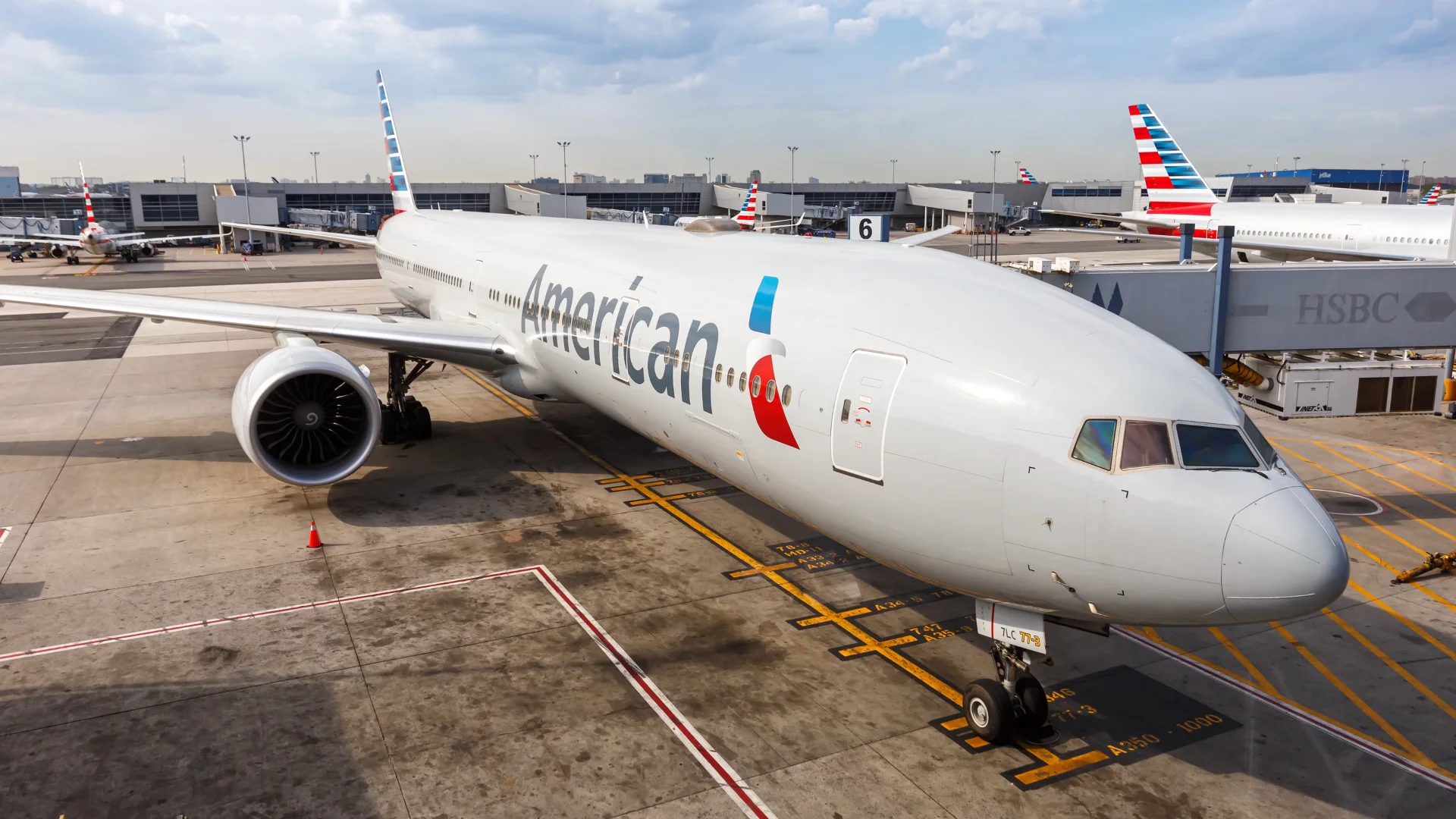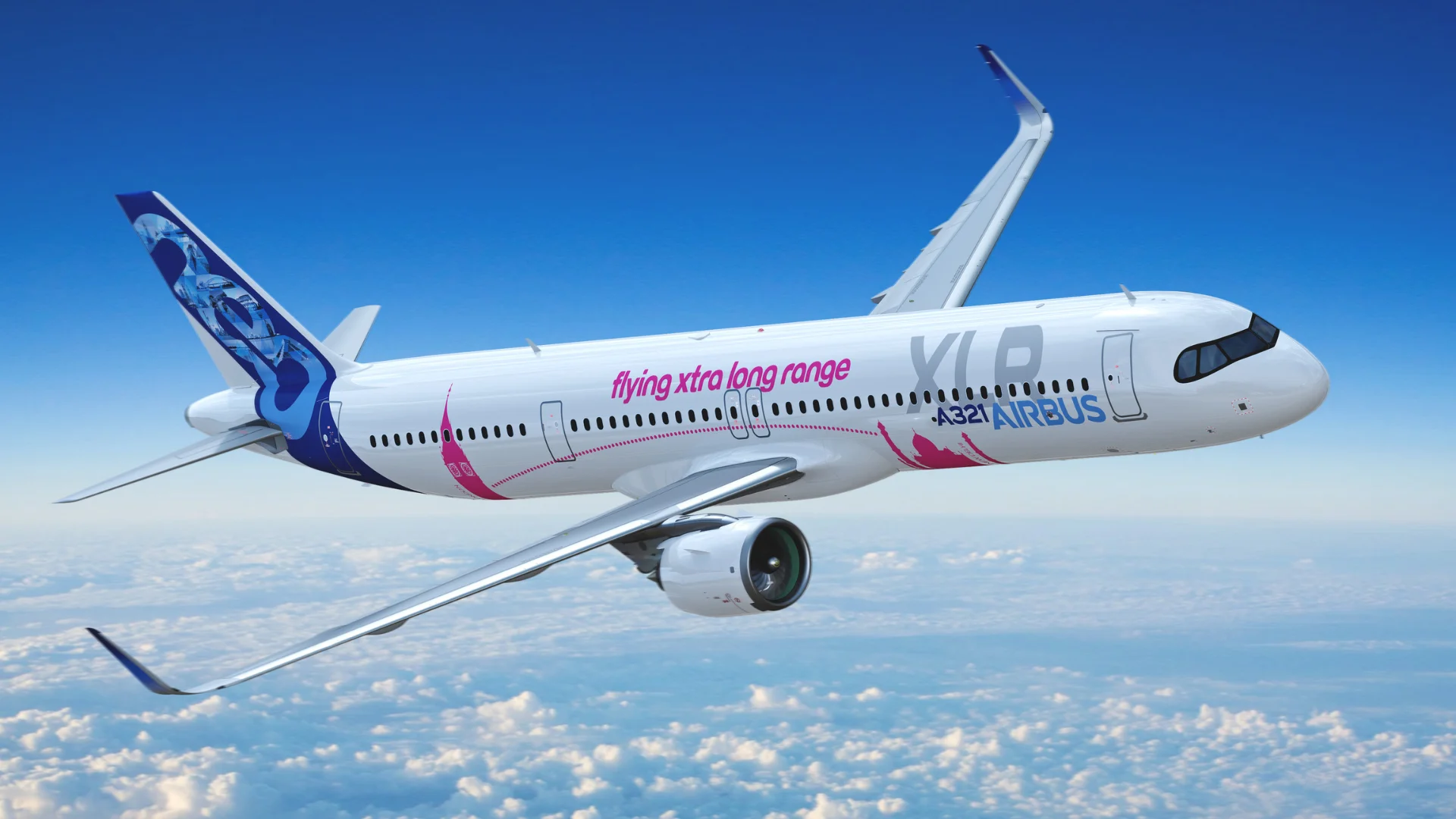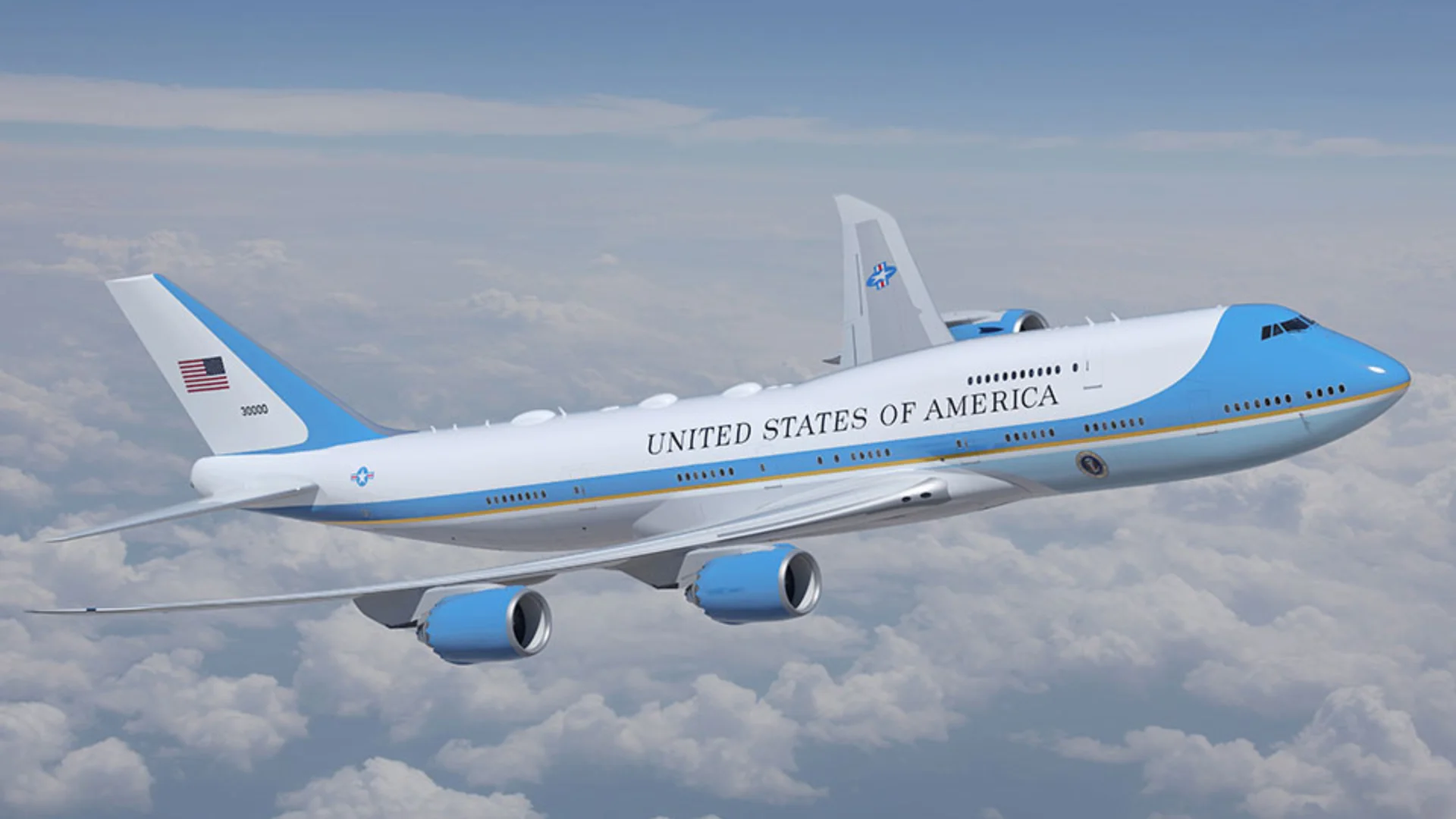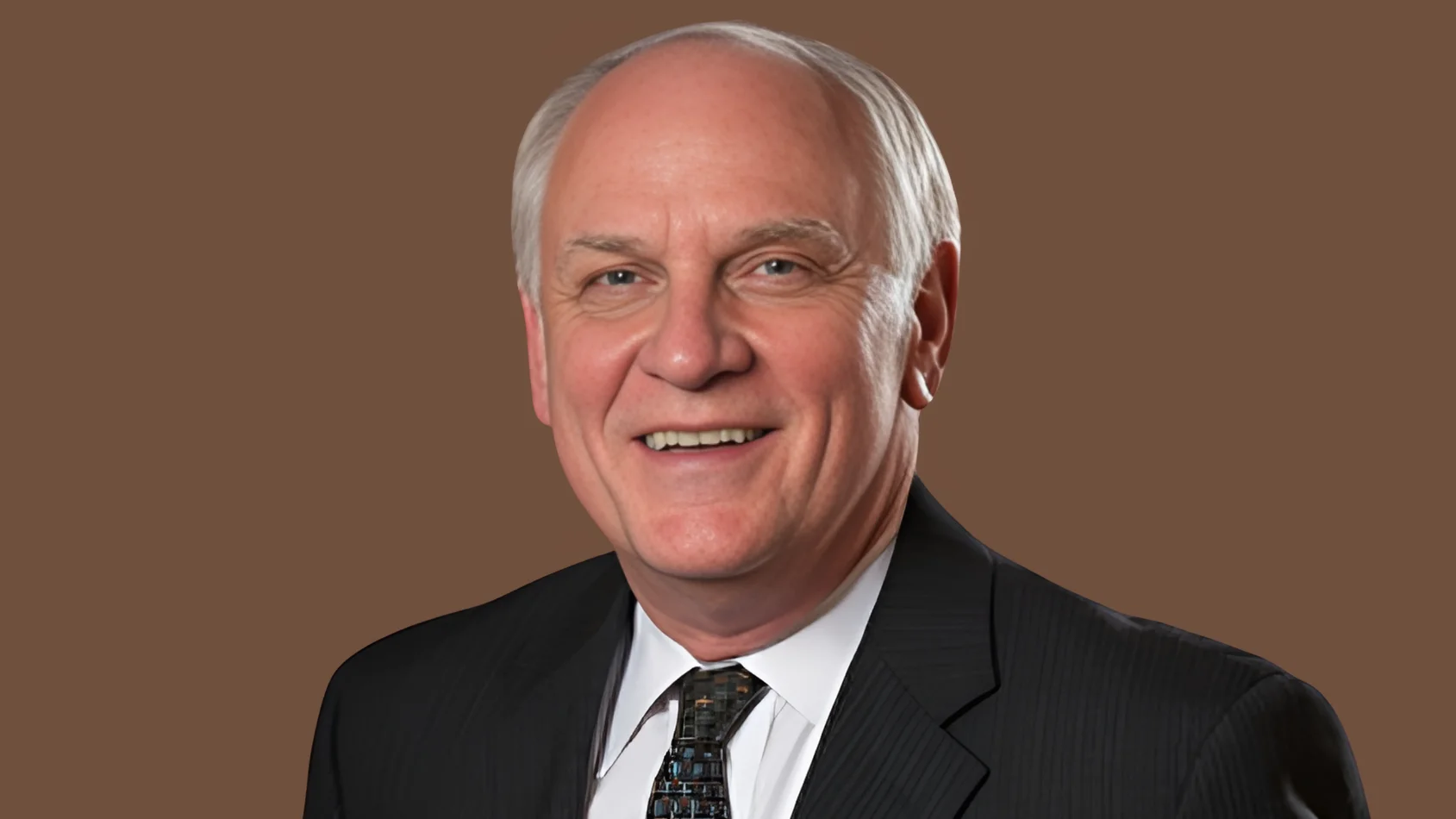Charles Rolls, co-founder of the iconic Rolls-Royce company, was a pioneer in both motoring and aviation. Born in 1877, he developed an early interest in engines, earning him the nickname "dirty Rolls." In 1896, at just 18 years old, he purchased one of the first cars in the UK.
Before turning to airplanes, Rolls was an avid balloonist with over 170 ascents to his name. His focus shifted to aviation in 1907 when he encouraged his business partner Royce to design an aero engine. In October 1908, Rolls became the second Briton to fly an airplane when he took flight in a Wright Flyer piloted by Wilbur Wright.
In June 1910, Charles Rolls made history as the first aviator to fly across the English Channel and back nonstop. However, that same year marked a tragic milestone; he became the first Briton killed in an aviation accident involving a powered aircraft when his Wright Flyer's tail broke off during a display at Bournemouth.
 Alerts Sign-up
Alerts Sign-up
